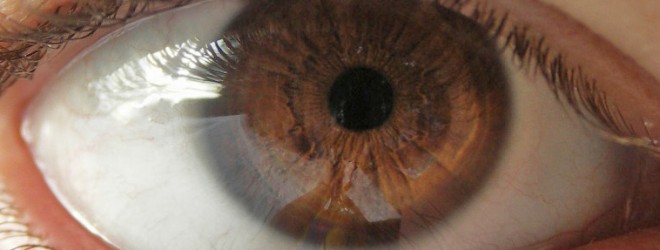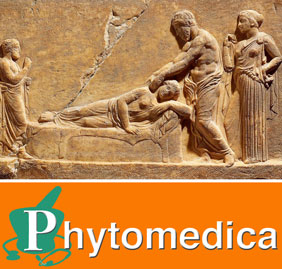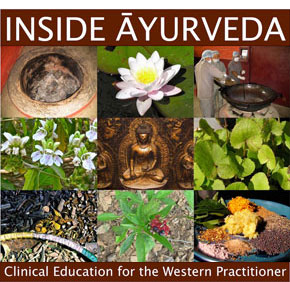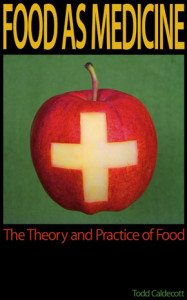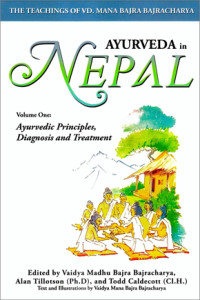I have been diagnosed with open-angle glaucoma. What role does pressure play, and how can I attempt to address this issue with natural methods? Ophthamolgists and optometrists measure intraocular pressure through tonometry, a relatively non-invasive procedure that provides a somewhat imprecise measurement, and over the years they have noted a clear association between this build of fluid and observable damage to the back of the eye. The problem is that this association has been confused for causation - so that instead of finding out why the pressure is increased, and how this impacts the really important issue of optic nerve damage, the medical profession has been content to use very powerful medicines such as pilocarpine drops to reduce the intraocular pressure. Unfortunately, this reduction in IOP in the front of the eye has no real impact upon the underlying disease and the more important issue of retinal damage at the back of the eye. It is a treatment that is actually used to … [Read more...]
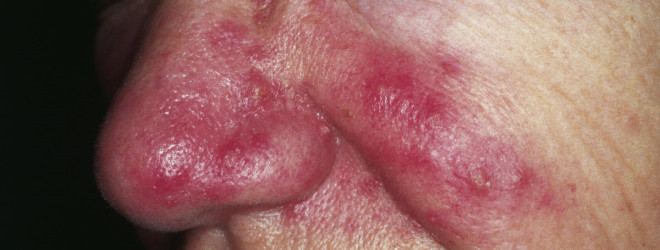
How to get rid of rosacea
Rosacea is a common skin disorder that manifests as a red spotty rash typically found on the face, including the forehead, chin, nose and cheeks, but can also affect other regions of the body such as the eyes, chest and back. Sometimes referred to as the "adult acne", rosacea is more common during middle age and is three times more likely to affect women. Although a specific cause has not yet been elucidated, rosacea has been linked to a variety of factors including chronic infection, poor digestion, improper diet, medication side-effects, and lifestyle factors. Chronic cases of rosacea often manifest as small bumps and pustules along with a generalized increase in local redness, often accompanied by red eyes, as well as burning or stinging sensations. If left untreated, chronic rosacea can lead to telangiectasia (dilation of superficial blood vessels on the face) as well as rhinophyma, in which the nose gradually becomes bulbous and red from chronic inflammation. There is also … [Read more...]

Q&A: the psychology of disease
How important is dealing with pyschological/emotional issues when dealing with disease/illness and what is the most effective way to go about this? In Ayurveda it is said that all disease is psychosomatic in nature, and that all of the suffering we bring upon ourselves is the way we react to it, engaging in behaviors that bring about more suffering, rather than practicing those that alleviate it. For example, if someone is angry at us, do we respond with anger, or do we try to find a way to resolve the conflict in a peaceful manner? Or, if we injure our ankle while playing sports, do we continue playing or do we sit out the game and attend to healing? In the ancient Indian text called the Katha Upanishad, the human life is likened to a horse-drawn chariot, with the charioteer being the mind, the horses our senses, and the road our actions. If the horses go down the wrong road, is it the fault of the horses? No - it is the responsibility of the person driving the chariot, or in … [Read more...]
Q&A: What is Triphala?
Triphala is commonly available as a churna, a finely sieved powder that can be mixed with water, ghee (clarified butter) or honey, but can also be encapsulated for sensitive palettes. There are many methods of preparing Triphala however, including medicated oils, decoctions, confections, and natural fermentations (asava/arishta). TAM designates Triphala as a rasayana, a Sanskrit term given to those medicaments that improve general health and prolong life. For this purpose it is traditionally prescribed for up to a year in doses of 1 – 2 grams taken twice daily, and may even be taken throughout one’s life on a semi-regular basis to cleanse the tissues, strengthen digestion, and sharpen the senses. Care must be taken when purchasing Triphala to ensure that the product is fresh, as churnas (powders) are traditionally said to have a shelf life of no more than six months. Classical Uses for Triphala Triphala is revered among the many other rasayanas for its reliable and balanced … [Read more...]
